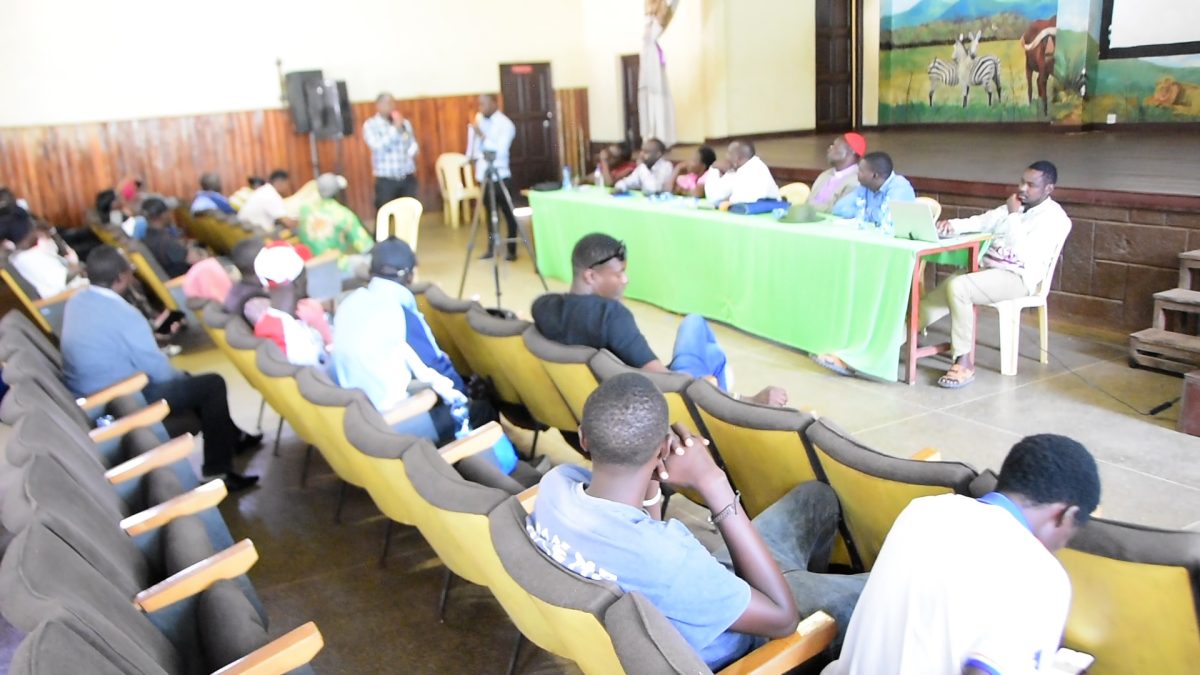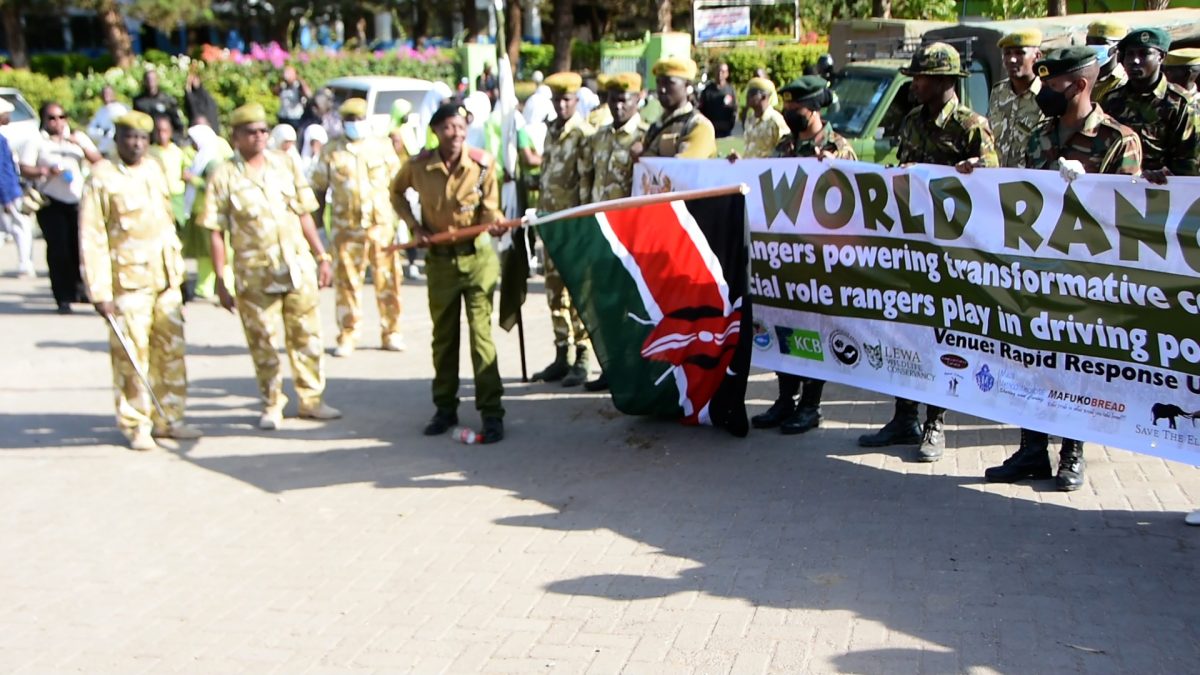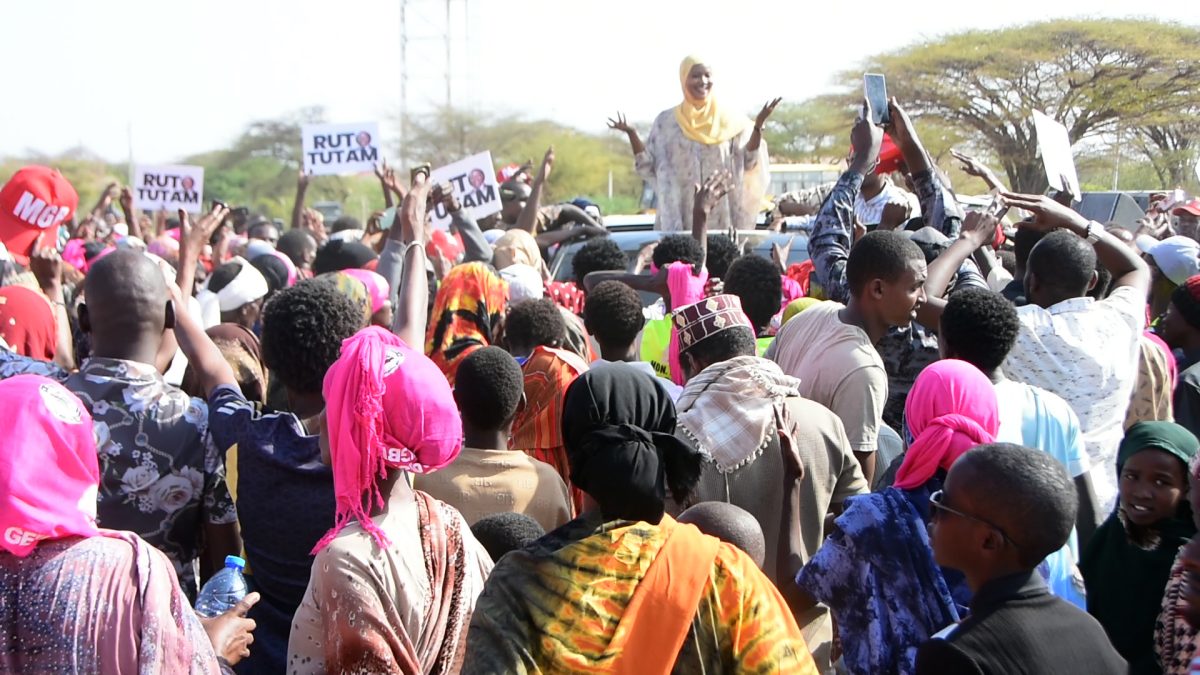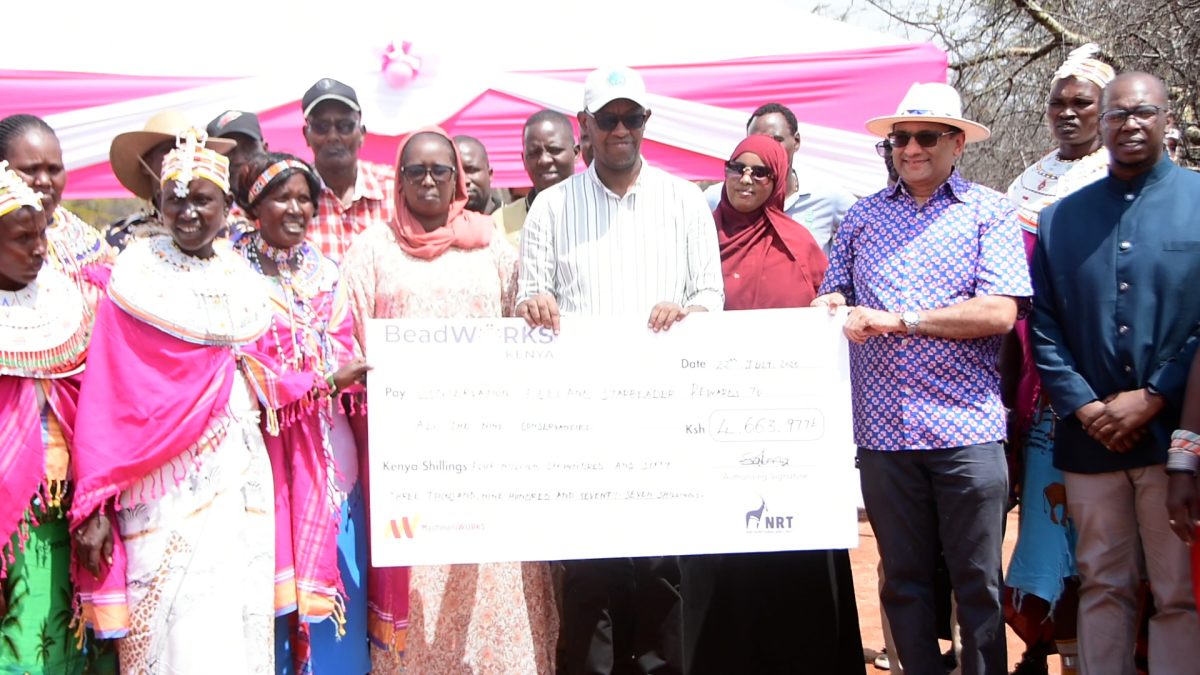NGOs in Isiolo Explore Project Sustainability and Alternative Fundraising Strategies
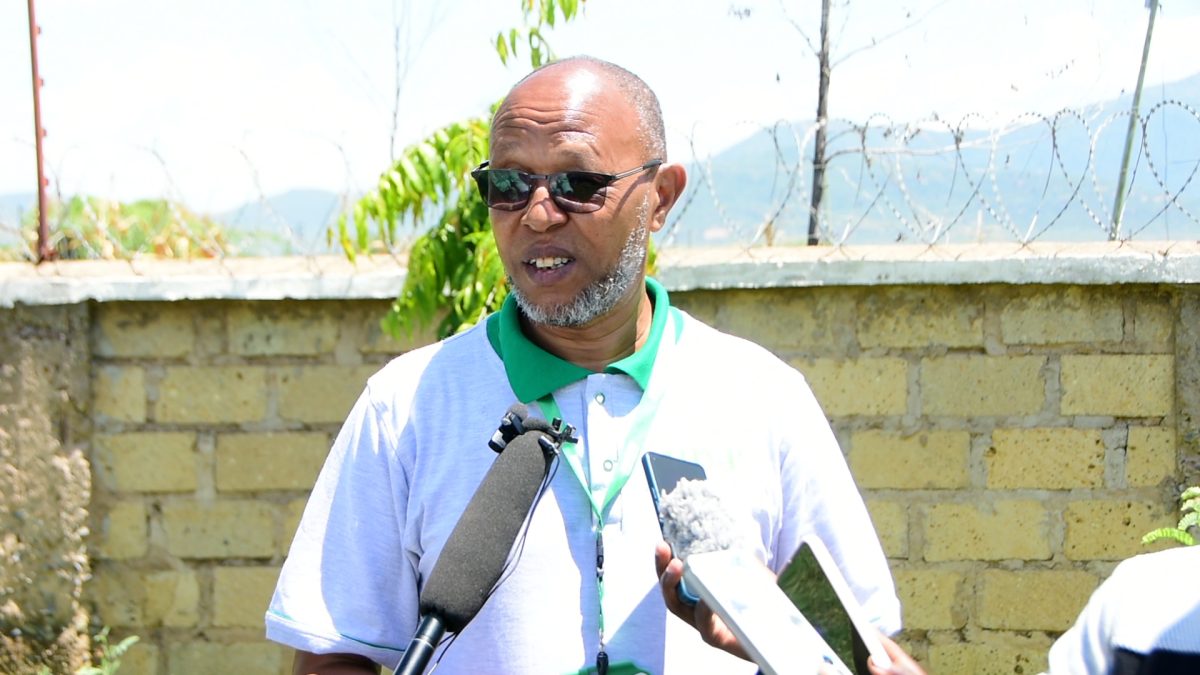
Non-Governmental Organizations (NGOs) in Isiolo are increasingly seeking innovative ways to raise funds and sustain their development projects in response to dwindling donor support.
The situation became critical following the withdrawal of USAID funding, a move initiated during President Donald Trump’s administration.
This sudden shift led to the closure of several USAID-affiliated NGOs in Isiolo, jeopardizing the continuity of essential donor-funded initiatives in the region.
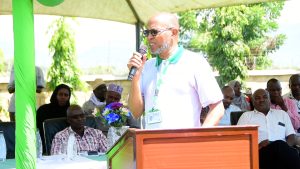
Molu Tepo, Executive Director of the Merti Integrated Development Project (MID-P), emphasized the need for creativity and adaptability in the current funding environment. He noted that forging partnerships with county governments and community-based organizations (CBOs) will now be essential for mobilizing resources and ensuring successful project implementation.
Speaking during the launch of a five-year strategic plan, Tepo outlined a collaborative approach that will bring together NGOs, CBOs, and county governments from Isiolo, Samburu, and Marsabit.
The plan focuses on six thematic areas and aims to build a sustainable framework for joint project execution.
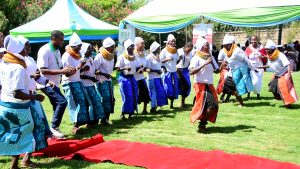
Tepo also observed that other donors are beginning to follow the precedent set by USAID, highlighting the urgency for NGOs to explore more flexible and diverse funding models.
Bill Ayieko, a sustainability strategist, described the current initiative as a model to build resilience through enhanced resource mobilization, stronger financial systems, and organizational development. He added that NGOs will now target new funding sources, including banks, philanthropic business leaders, local and international foundations, and collective lobbying efforts through organizational mergers.
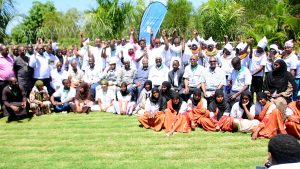
Ayieko also proposed income-generating activities as a practical solution for local NGOs to achieve financial self-reliance.
Isiolo County Secretary Dadhe Boru called on the European Union and other international donors—outside of the U.S.—to support local organizations in maintaining critical programs. He stated that the county government has already stepped in to fund some essential sectors, particularly healthcare, to prevent service disruptions following the loss of USAID support.
Boru reassured stakeholders of continued political goodwill and oversight, noting that the county is actively monitoring NGO activities to prevent fraudulent operations by so-called “briefcase organizations” that exploit donor funds without delivering real impact.
